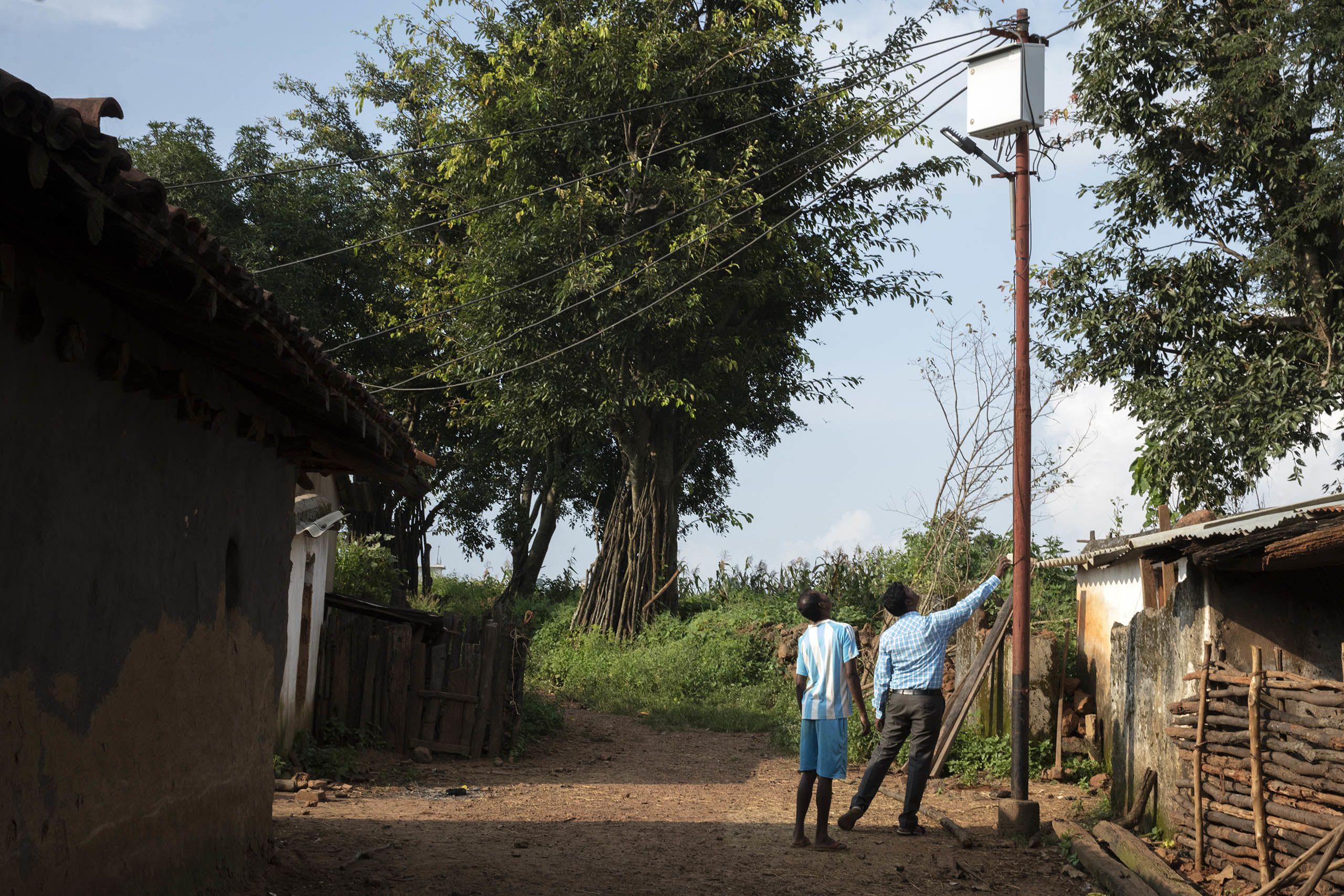POWERING PROGESS:
A Clean Energy Transformation in Emerging Markets
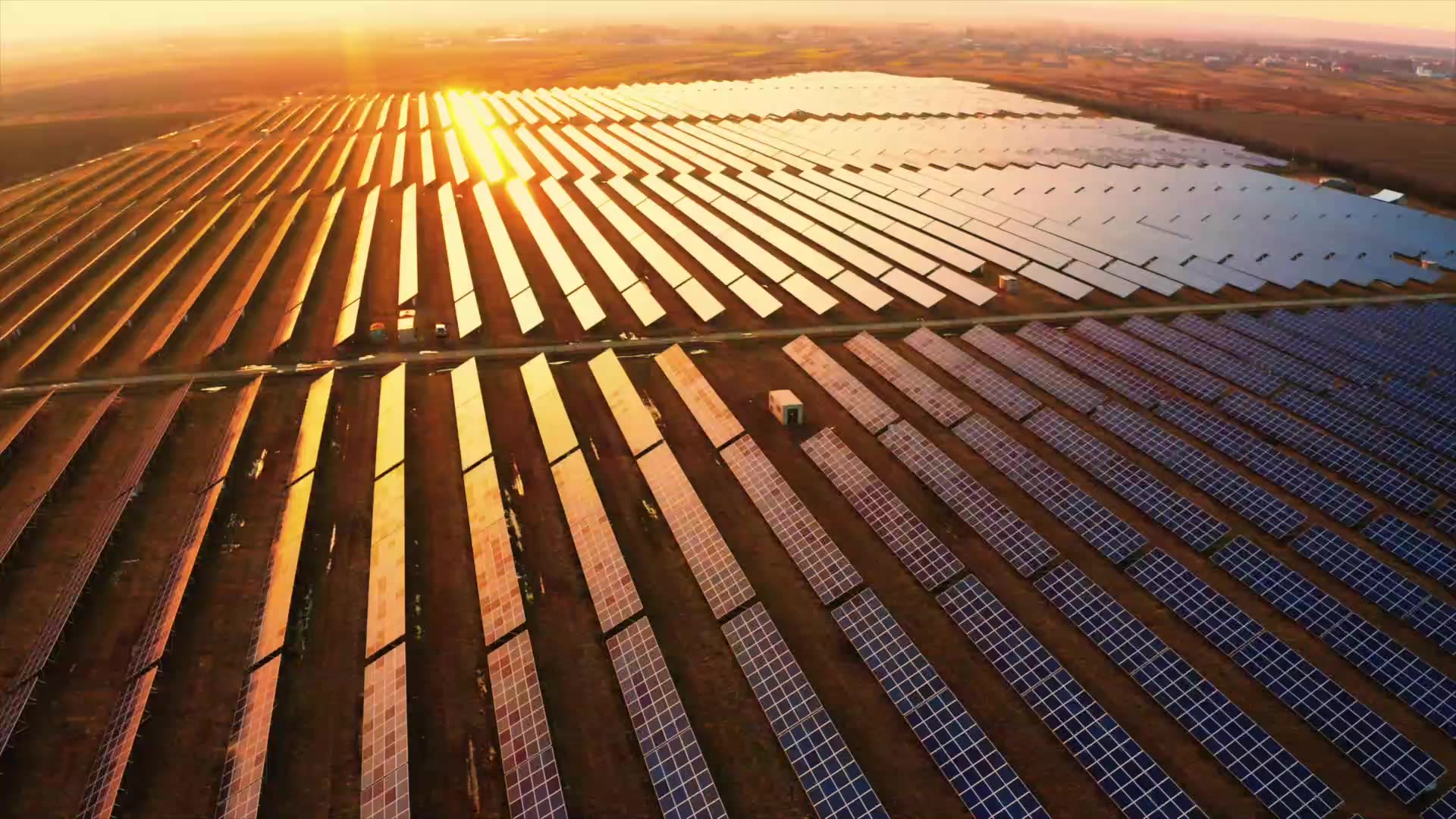
All of the 775 million people that lack access to electricity and the 2.4 billion people that lack access to clean cooking fuels live in emerging markets. Much of Africa, for instance, remains unconnected to power transmission lines, holding back development and leaving about 600 million people without electricity.
Clean energy technologies offer a viable path towards reducing the greenhouse gas emissions that contribute to global warming while meeting soaring global energy demand and connecting the unconnected.
“The battle against climate change will be won in emerging and developing economies where the potential for clean energy is strong but the level of investments is far below where it should be. To address the pressing energy demands and emissions reduction goals in EMDEs, we need to mobilize private capital at speed and scale and urgently develop more investable projects.”
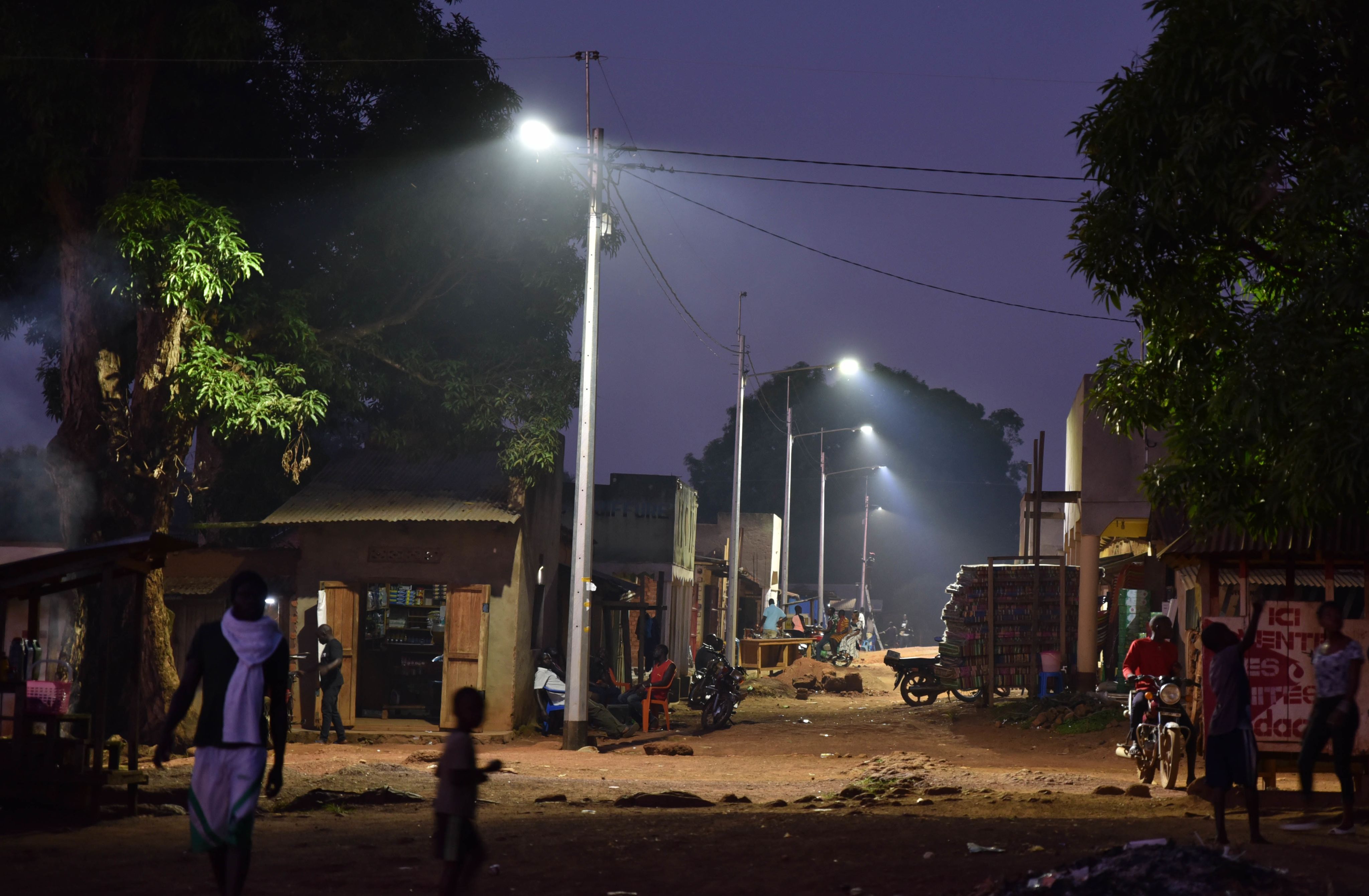
SNAPSHOTS OF IFC'S WORK
Accelerating private capital flows for the energy transition
Reliable, affordable and modern energy in emerging economies could enable productive industries, well-functioning cities and efficient infrastructure to underpin economic development, as well as support better health and education outcomes. To accelerate the clean energy transition and increase access to electricity, IFC has invested in 16.9 GW of renewable energy capacity in the past 10 years, contributing to addressing global climate challenges, advancing social and gender inclusion, and providing access to reliable and affordable low-cost renewable energy for millions of people around the globe through both on-grid and off-grid solutions.
IFC supports the expansion of proven clean energy solutions like onshore wind and solar energy generation in emerging markets, as well as the deployment of more nascent transformative technologies such as offshore wind, battery storage, distributed generation, off-grid solar, and green hydrogen.
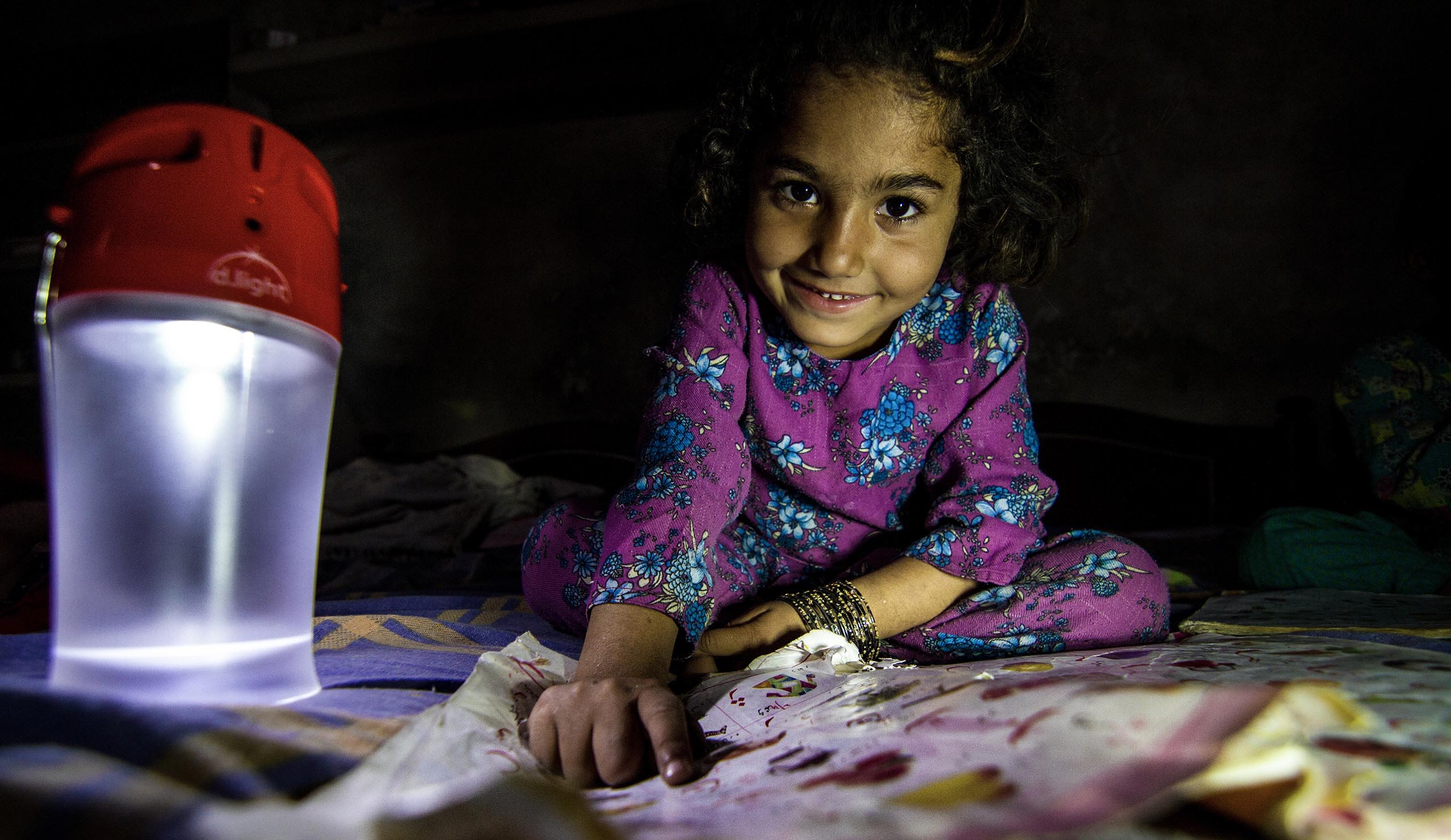
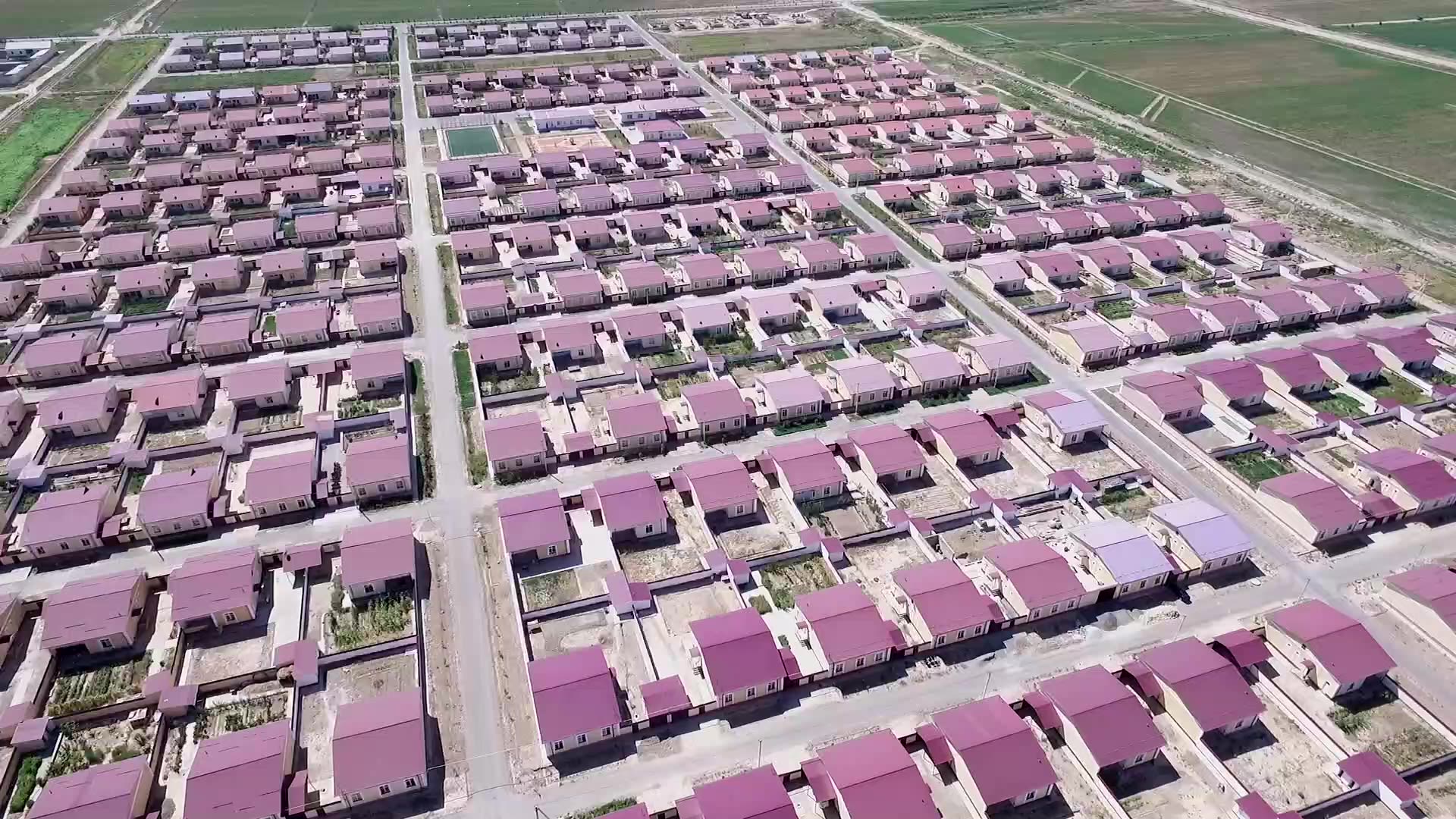
Scaling Solar in Uzbekistan
Across Central Asia, frequent power shortages plunge millions into darkness and disruption. But in Uzbekistan, rays of light are emerging to chart a new energy future – not just for the country but the entire region.
Through an innovative competitive bidding process, Uzbekistan tapped Abu Dhabi's Masdar Clean Energy to construct Nur Navoi. IFC advised on the landmark deal, then helped finance the project alongside the Canada-IFC Blended Climate Finance Program.
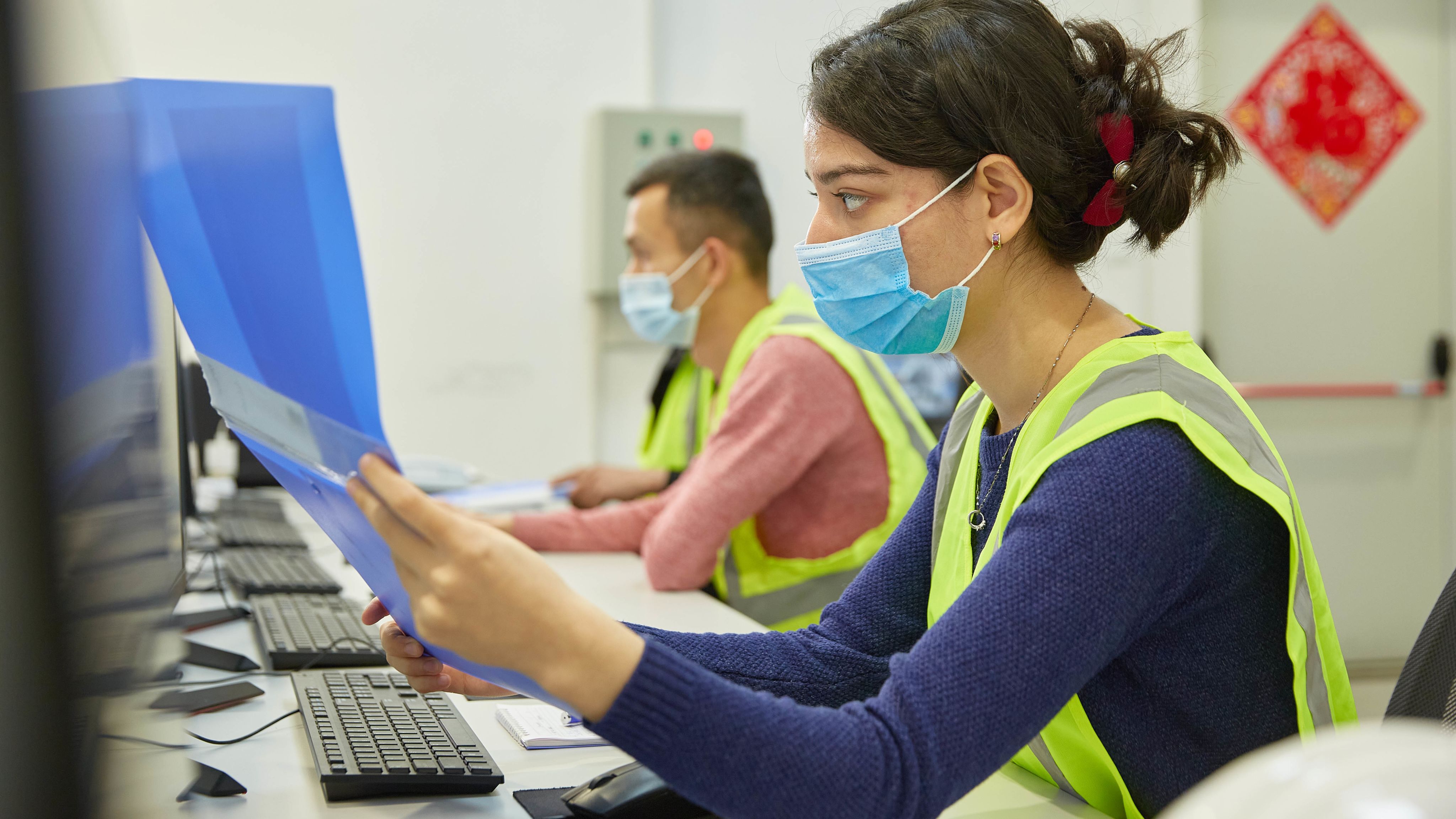
Photo by IFC
Photo by IFC
With the flick of a switch, Uzbekistan illuminated its inaugural solar power plant, Nur Navoi. Built through a first of its kind public-private partnership, the shimmering sea of panels now powers 31,000 homes with affordable, sustainable energy.
Encouraged by Nur Navoi's success, Uzbekistan is doubling down on renewables, aiming to double its clean energy share by 2025. It has already attracted $580 million in investments, including from IFC, for the region's largest wind project. The mammoth 500-megawatt Zarafshan wind farm will power 500,000 homes annually and prevent over 1 million tons of carbon emissions each year.
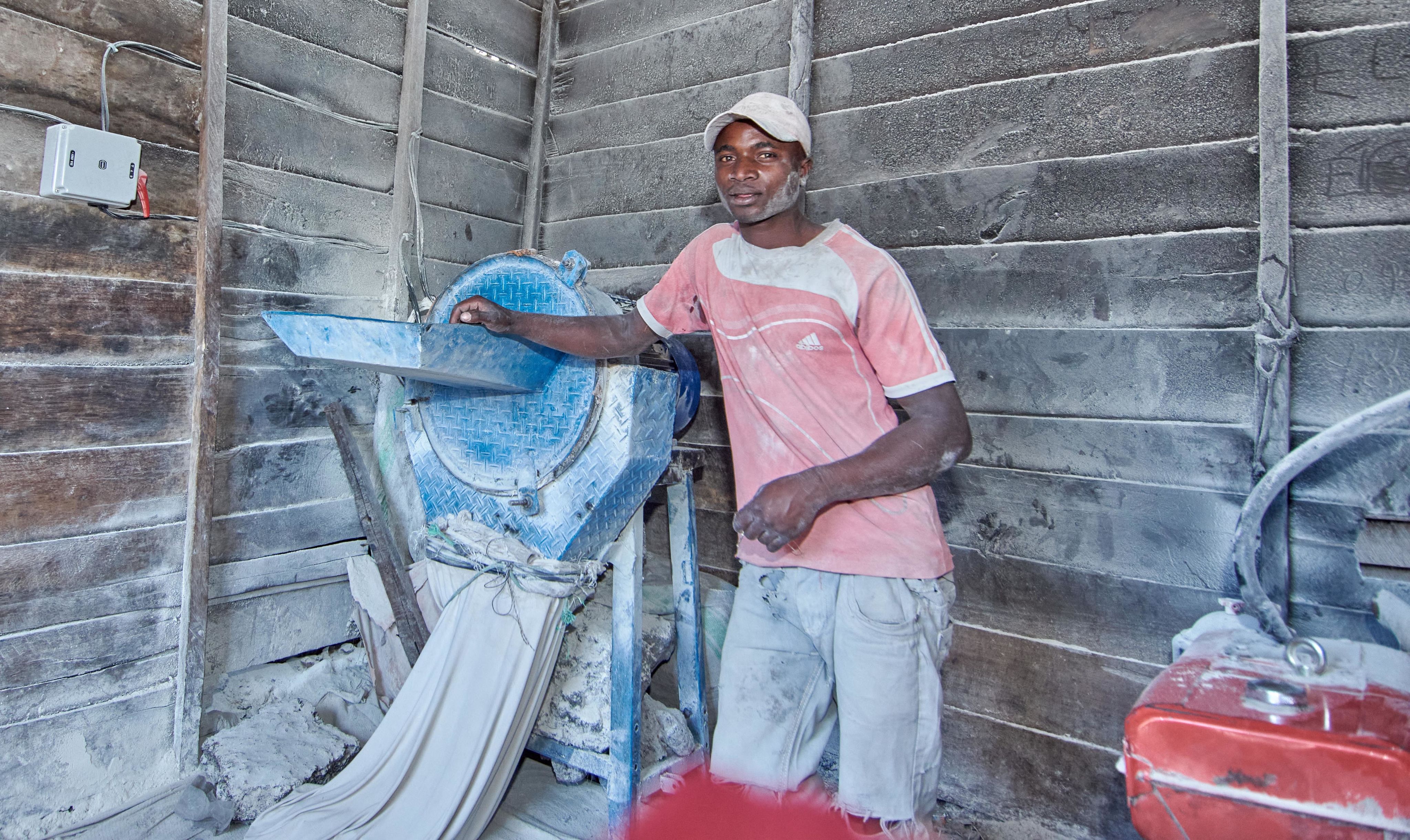
Grain mill operators are some of the many small businesses that now have access to consistent energy from the Nuru mini-grid. Photo by Nuru.
Grain mill operators are some of the many small businesses that now have access to consistent energy from the Nuru mini-grid. Photo by Nuru.
Mini-grids: a beacon of hope in remote areas
Mini-grids, decentralized systems that generate and supply power to communities independently from national transmission grids, offer a beacon of hope and are an affordable, sustainable way to expand electricity access.
They are especially suitable for remote areas, such as in the Democratic Republic of Congo, one of the world’s least electrified countries with 70 million people living without access to power. IFC is helping communities tap into the promise of this technology by investing $10 million in Nuru, a pioneer of distributed energy solutions in the country.
Part of a more than $40 million package involving several other investors, the financing will allow Nuru (the Swahili word for “light”) to begin work immediately on new solar projects in provincial capitals Goma, Kindu, and Bunia serving about 28,000 households and businesses.
Mapping opportunities to meet both climate and energy goals
A recent report by IFC and the International Renewable Energy, Scaling Up Private Finance for Clean Energy in Emerging and Developing Economies, finds that annual clean energy investments in emerging and developing economies will need to more than triple by the early 2030s to meet rising energy needs and align with the climate goals set out in the Paris Agreement.
It estimates that about 60 percent of this financing will have to come from the private sector, amounting to about $1 trillion annually by the early 2030s, up from $135 billion today. For the private sector to play its part, clean energy projects need to be developed that match investors’ risk and return expectations.
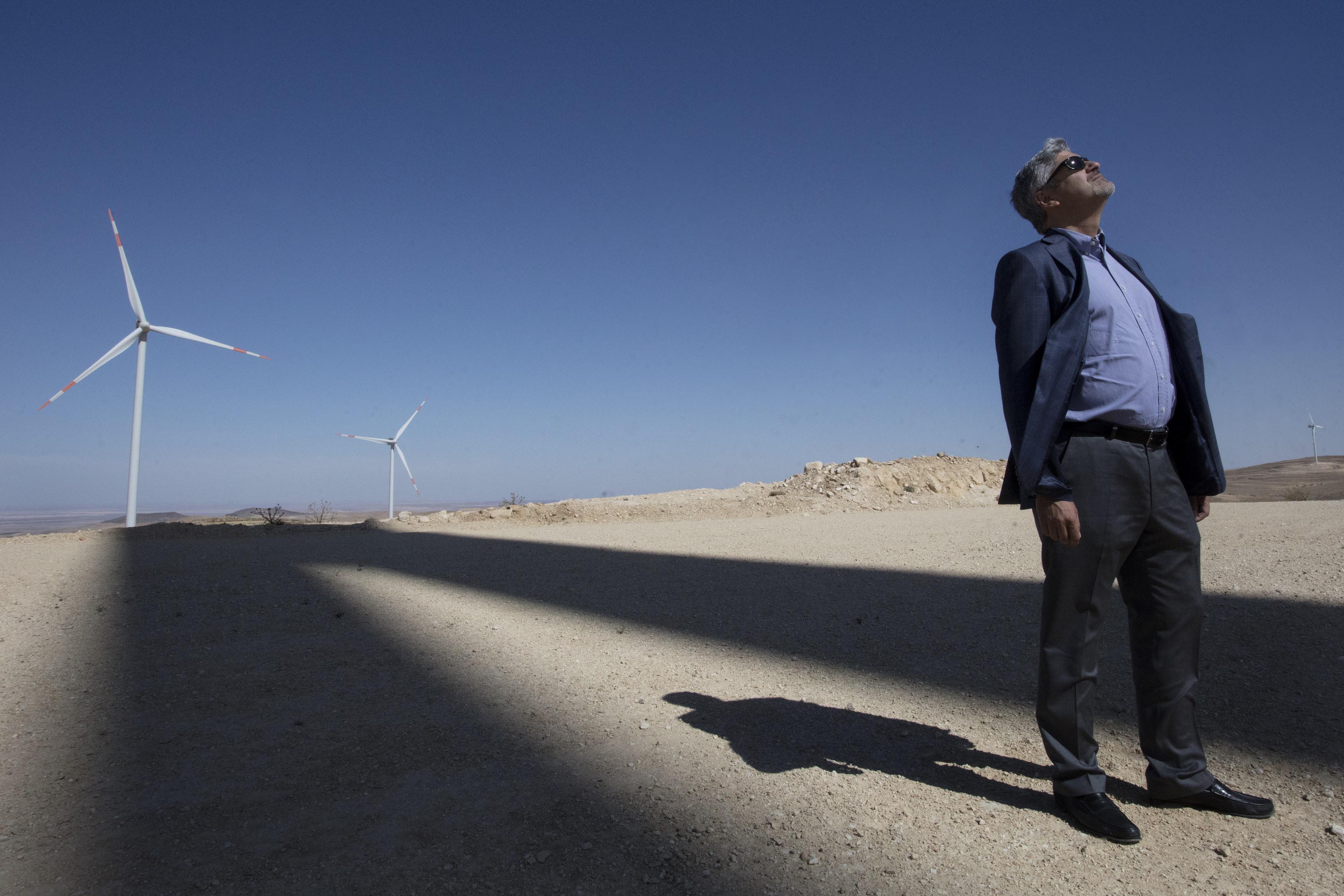
Supporting renewable energy projects and opening the sector to private investments is a pillar of IFC’s work in Jordan and the region. Photo by Dominic Chavez /IFC
Supporting renewable energy projects and opening the sector to private investments is a pillar of IFC’s work in Jordan and the region. Photo by Dominic Chavez /IFC
Blended finance matters
According to a new World Bank-IFC report, concessional climate financing consisting of US$ 4.8 billion of concessional public debt, US$ 8.3 billion of concessional private debt, and US$ 2.5 billion in grants over an initial five-year period could represent a big-ticket solution to unlocking offshore wind potential and benefits in emerging markets.
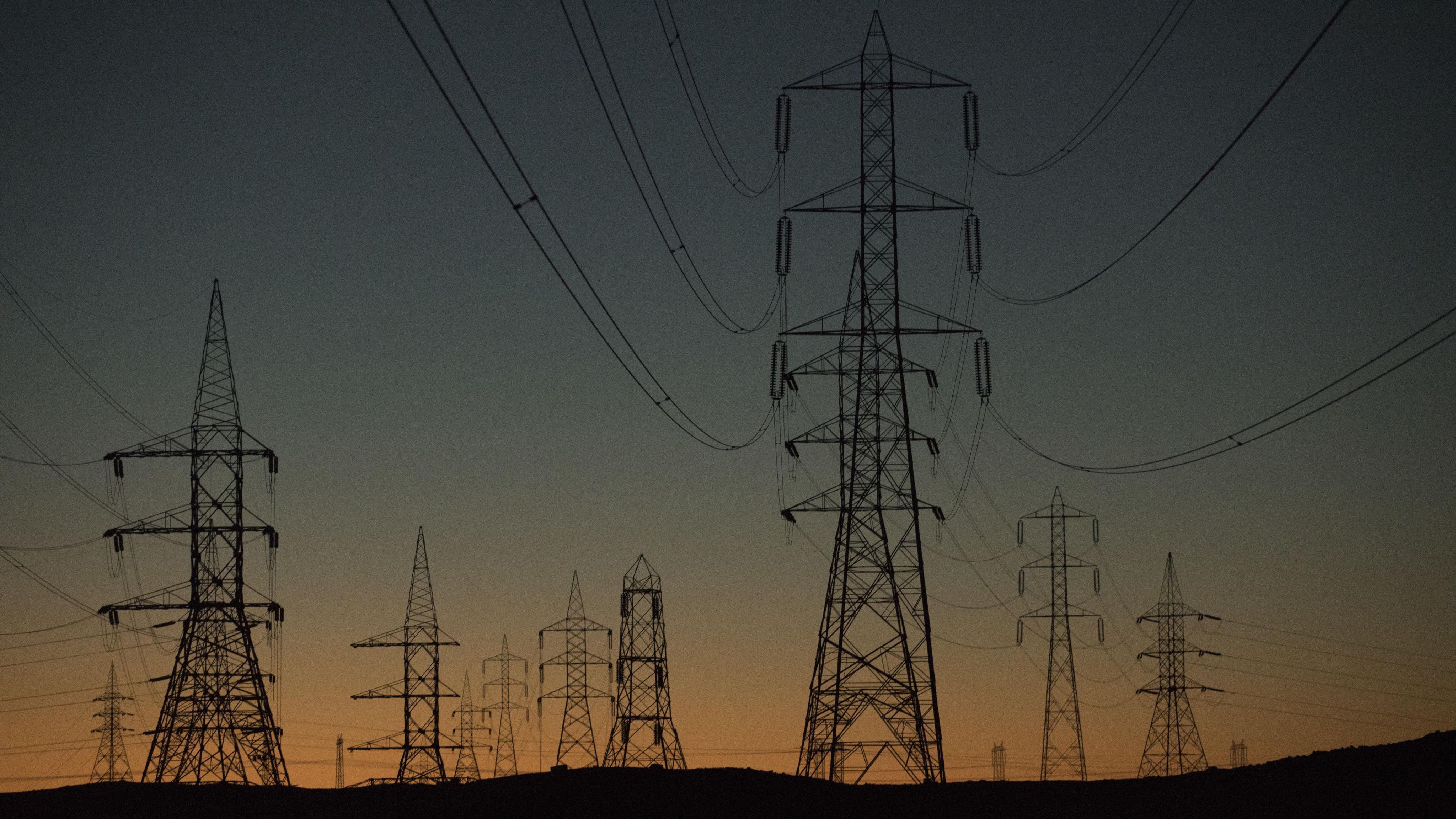
Project highlights

Project: AMEA Power, Egypt
A windfarm and a solar park that will bring electricity to 1 million Egyptians at the lowest prices in Africa (2 US cents/kilowatt hour for solar and 3 US cents/kilowatt hour for wind).
IFC financing and mobilization: $770 million
1.7 million tons annually of GHG emissions reduction
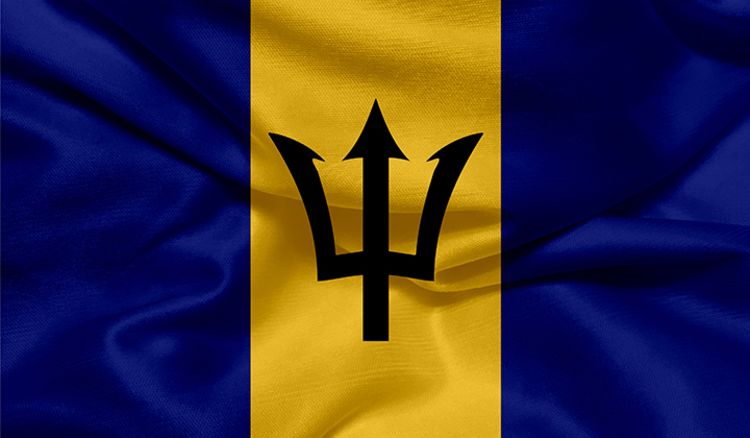
Project: Renewstable Barbados
A 50MW solar generation facility with green hydrogen and battery storage, which will provide clean and stable electricity for 16,000 homes at a competitive tariff.
IFC support: Solar resource assessment, bankability of the project.
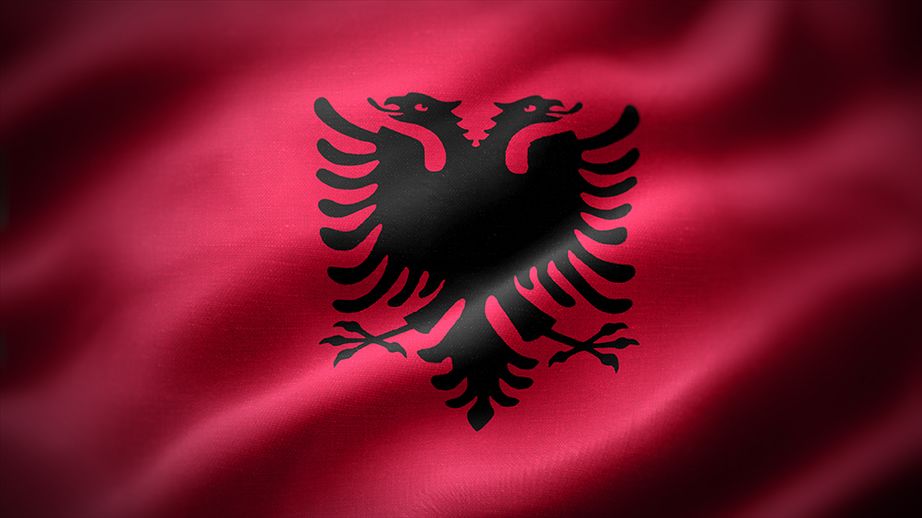
Project: Karavasta
140-megawatt power plant and a 19-kilometer overhead transmission line in western Albania. The project will secure electricity supply in the face of erratic rainfall, and make the project resilient by elevating PVs to protect them from coastal flooding.
IFC financing and mobilization: €99-million financing.
Published October, 2023
